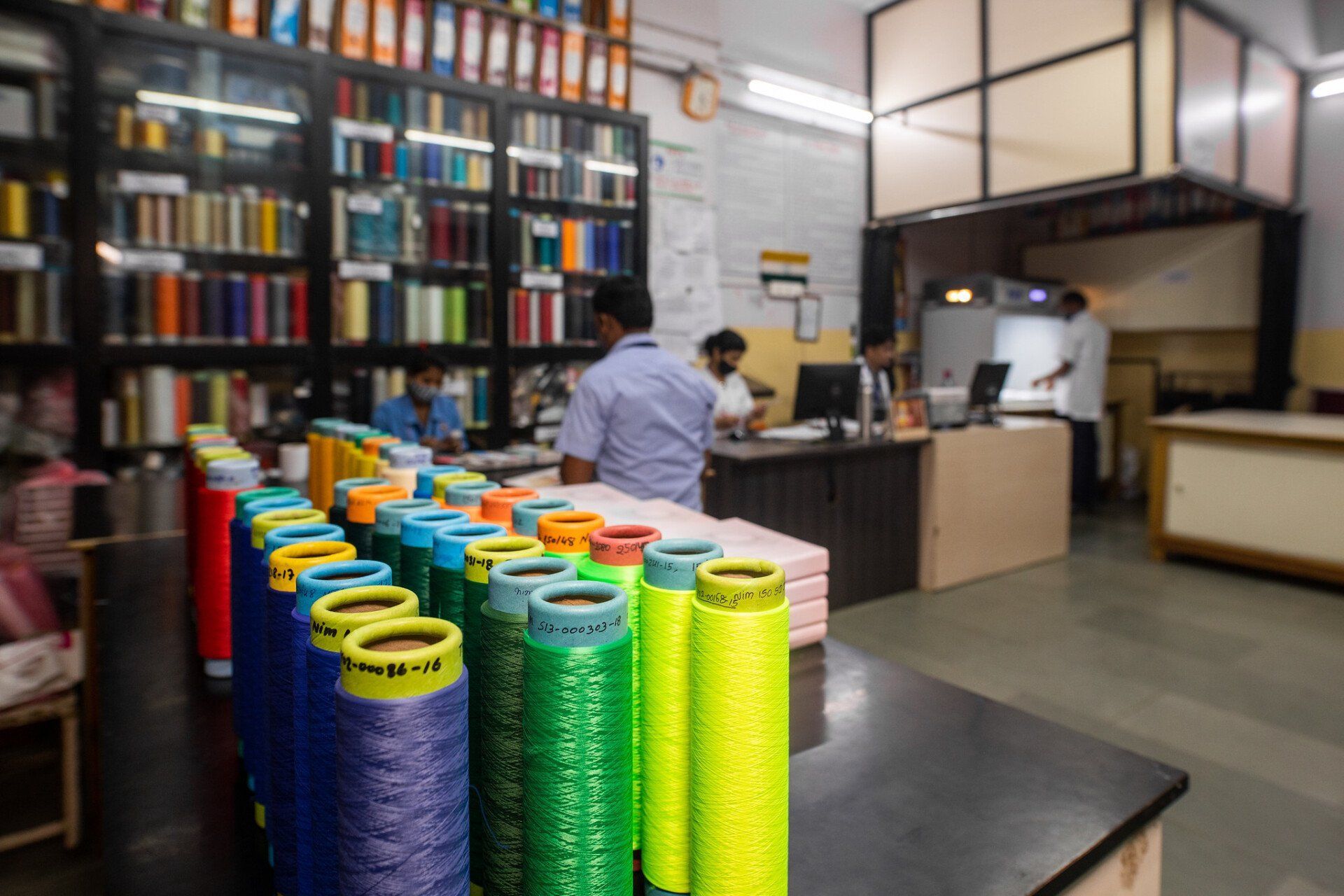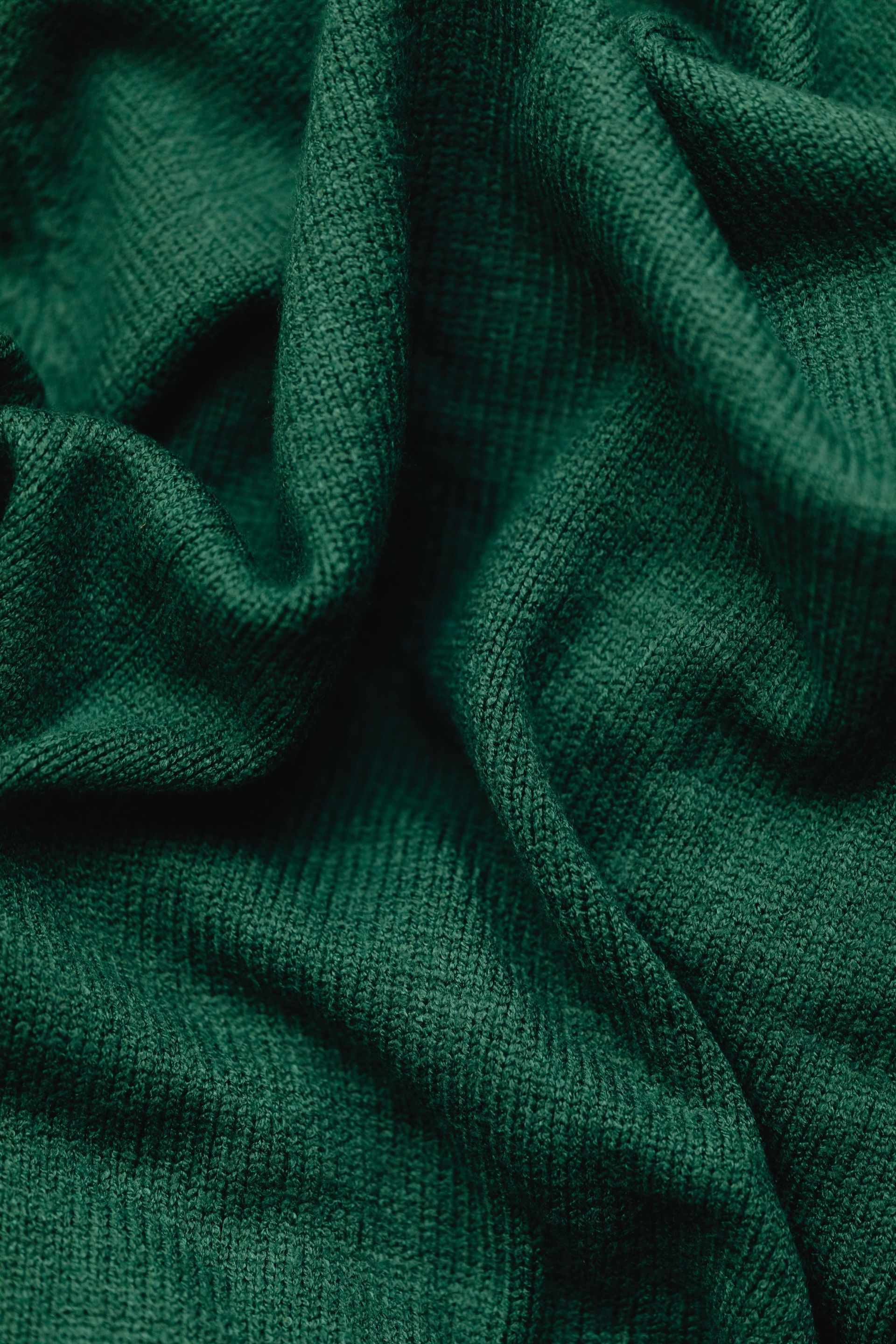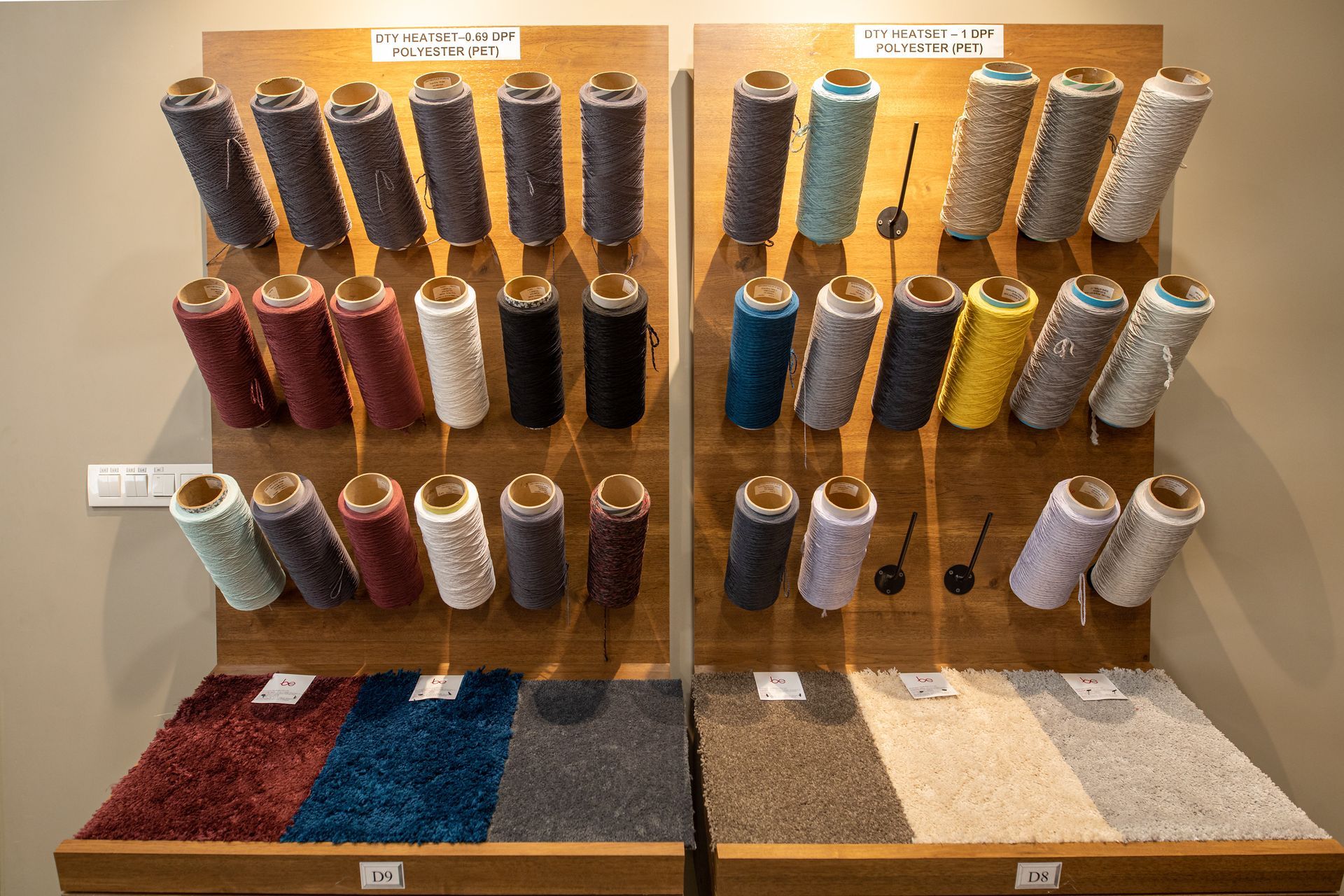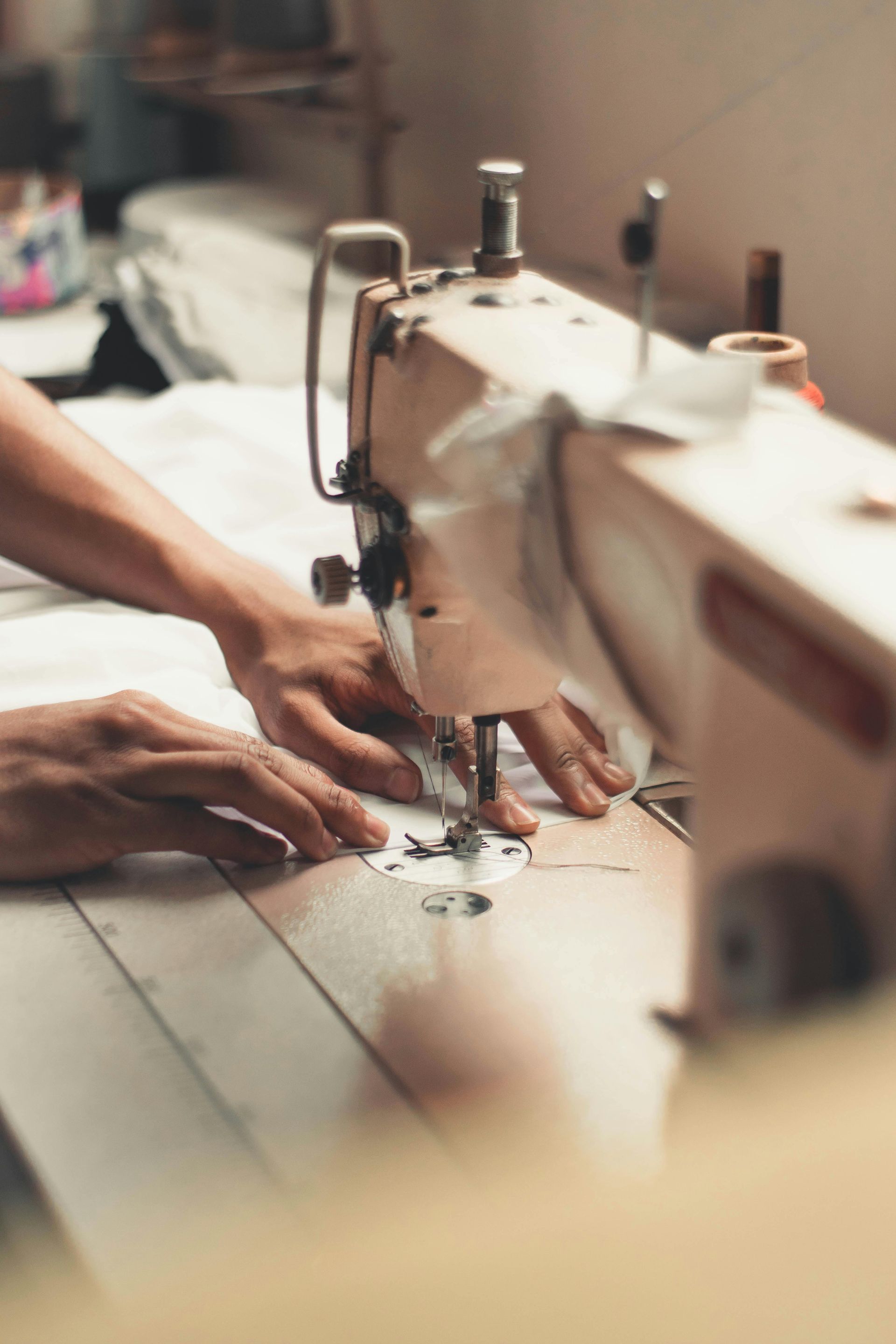Advantages of synthetic yarns over natural yarns
In 2020, 52% of fibres produced globally were polyester
In 2020, 52% of fibres produced globally was polyester and it's used in outdoor apparel, clothes, upholstery, home furnishings and bags. While natural fabrics such as cotton and silk have been used for thousands of years, polyester is younger but has been quickly adopted. Polyester or synthetic fabrics owe their popularity to the fact that they are far more versatile, cheaper and can be customised to a great extent. The reason why the fashion industry loves it and other industries needing specific applications such as fire-retardant fabric for firefighters or sweat-wicking fabric for sportswear choose this over natural fabric.
The current price of raw material to manufacture natural yarns has gone up substantially. This has impacted the textile value chain with spinning mills bringing down production and some incurring losses to meet prior customer commitments. Domestic cotton prices for instance have nearly doubled compared to last year. While cotton yarn per kg hovers around Rs.446 per kg, polyester starts at Rs.80 per kg and averages around Rs.200 per kg depending on its properties. The result is that many have switched from manufacturing natural yarns to polyester.
Natural vs Polyester Yarns
Stronger & Versatile
Polyester yarn is strong, does not easily tear, lose shape and pill making it more durable and long-lasting compared to natural fibres. It's also lightweight, fast-drying and absorbs dyes better making it popular with fashion designers. Its versatility allows polyester yarn to be transformed into fabric for sportswear, uniforms or furnishings each bearing different properties. It has a soft and tactile surface which makes it amenable to introducing a wide range of coatings, digital printing works well too.

Cheaper & Easy to maintain
Polyester yarn tends to be cheaper as the raw materials that it’s made from are cheaper and it can be mass produced at relatively low costs. Polyester also scores marks when it comes to maintenance as it's easy to maintain and crease-proof unlike natural fabrics.
Customised yarns are possible!
The mind-boggling possibilities of customising polyester yarn is a great advantage for manufacturers. Yarn customised with specific characteristics to suit the end product can be created. During the manufacturing process, the yarns undergo the extrusion process where the required characteristics such as anti-bacterial, anti-static, anti-UV, fireproof, waterproof or dyes are introduced. The fibres can even be woven so tightly that the end product be made waterproof and impenetrable by outside elements such as wind, rain, or cold and therefore ideal for raincoats. This is not possible with natural fibres.
Beekaylon, The Pioneer
Beekayalon caters to customers across the globe and is one of the pioneers in the Synthetic Yarn Processing (Polyester) industry in India and ranks as the largest manufacturer of dope dyed yarn in the country too. It has a wide range of Polyester Filament Yarns such as Automotive Yarns, Bath Rug Yarns, Home Furnishing Yarns, Hosiery & Narrow Woven Yarns besides those manufactured for a certain functionality such as Flame retardant yarns, UV resistant yarns and Anti-microbial yarns.
Beekaylon’s state-of-the-art production facility at Silvassa has a significant advantage with the latest technologies in place.
We also have industry tie-ups with leading masterbatch suppliers to match the exact color chemistry and significantly reduce color and shade development time.
With the integration of vertical control of supply chain management, Beekaylon has a smooth functioning process flow and a top notch quality assurance system in place. Moreover, for varied market applications for our various customers, we have added value with Downstream Draw Texturizing, Air Texturizing, Autoclave heat setting, Superba Heat setting, multi folding, cabling, plying and Twisting plants in place.



